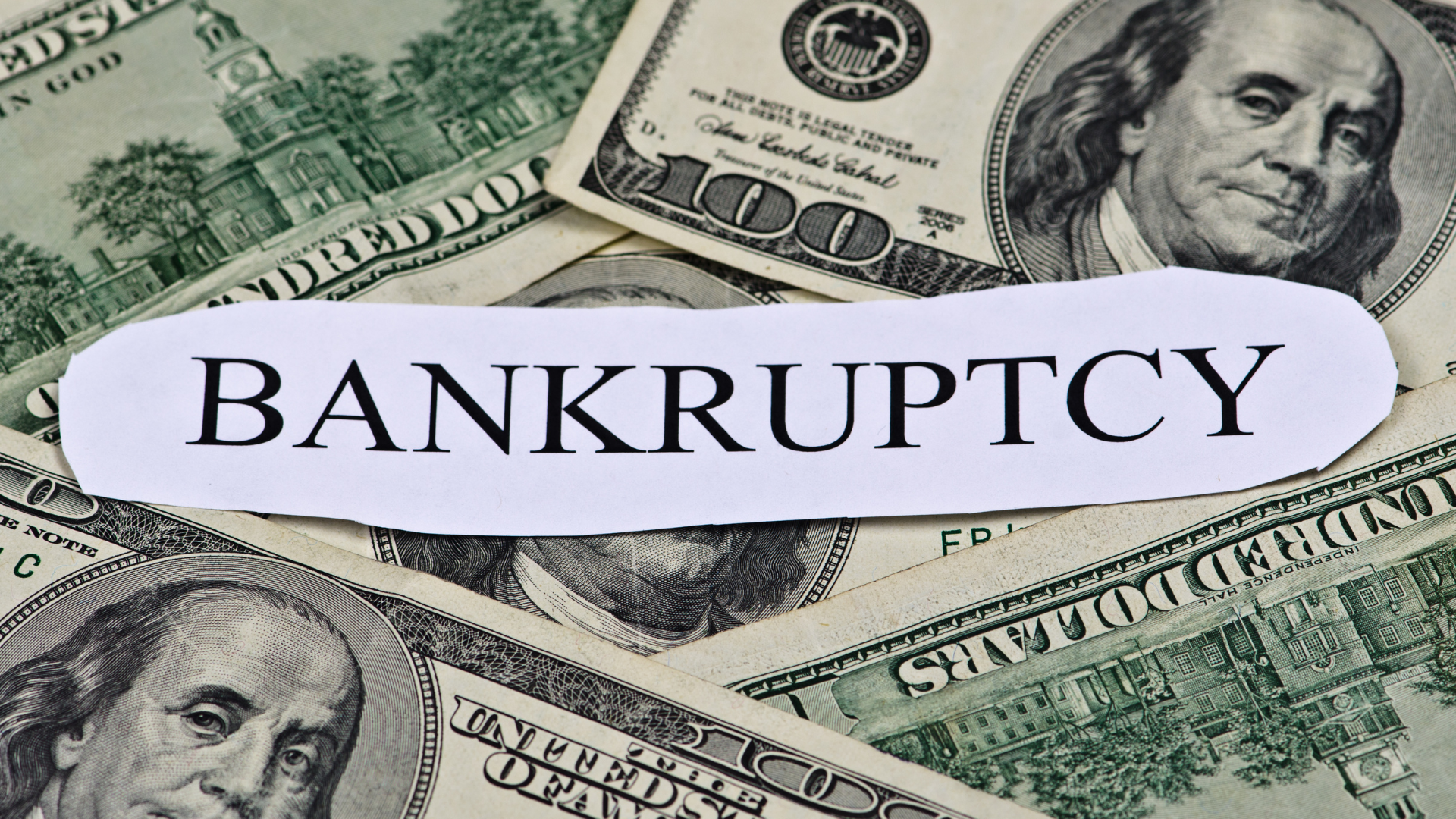The bankruptcy of a debtor can be a difficult and complicated process for all parties involved. The purpose of this process is to pay recognized creditors, which involves selling the debtor’s assets. But when can the bankruptcy of a debtor be ordered?
There are three conditions that can lead to the ordering of the bankruptcy of an insolvent debtor. The first is when the debtor files a petition. In some cases, debtors may recognize that they will not be able to meet their financial obligations and decide to file a bankruptcy petition. This can be a way to prevent debt from continuing to accumulate and to seek a solution for payment to creditors.
The second situation in which bankruptcy can be ordered is when the reorganization stage expires and no transaction agreement has been submitted for judicial approval. In some cases, the debtor may try to reach an agreement with creditors to avoid bankruptcy. However, if this agreement is not reached before the expiration of the reorganization stage, the court may order bankruptcy.
Finally, the third situation is when the conciliator files a petition detailing the lack of cooperation between the debtor and the creditors to reach an agreement. In some cases, the debtor may not be willing to cooperate or may not be able to negotiate with creditors, which can lead to bankruptcy being ordered.
Once the bankruptcy judgment is rendered, the court orders the Federal Institute of Commercial Bankruptcy Specialists (IFECOM) to appoint a trustee for the debtor’s assets. The trustee will be responsible for managing and selling all of the assets and rights of the estate in the liquidation, with the goal of paying recognized creditors.
In conclusion, the bankruptcy of a debtor can be a difficult process for all parties involved. However, there are situations in which it is necessary to pay creditors and avoid further financial problems. It is important for debtors to recognize when they will not be able to meet their financial obligations and seek solutions before the situation worsens and bankruptcy is ordered.




